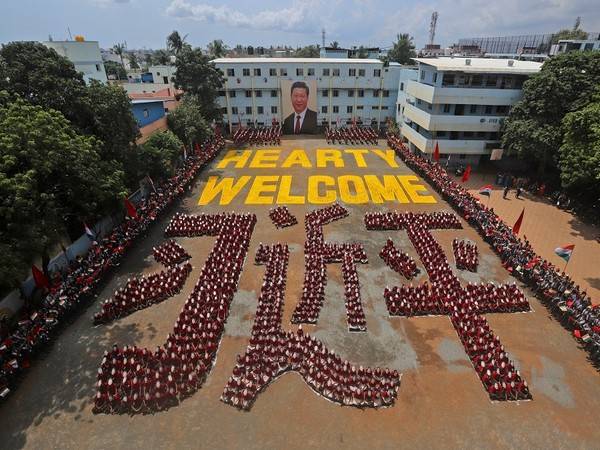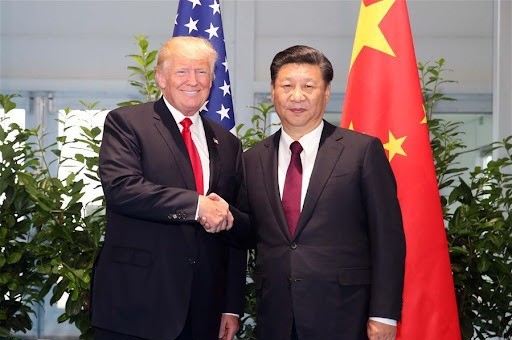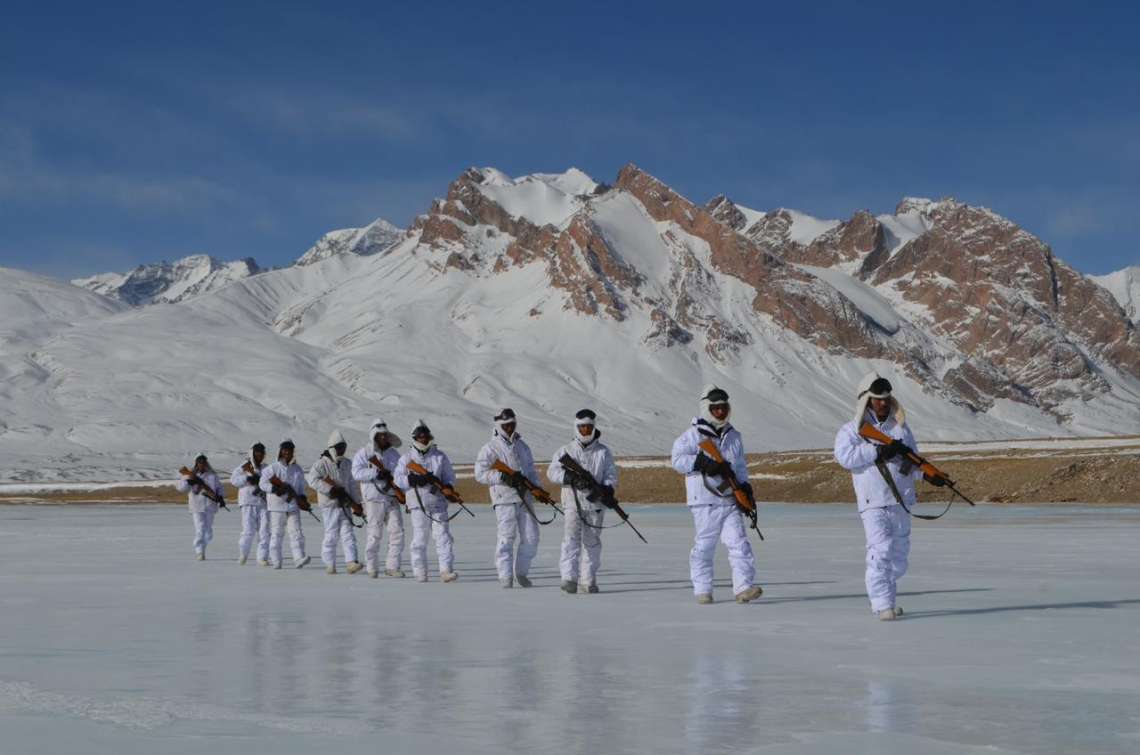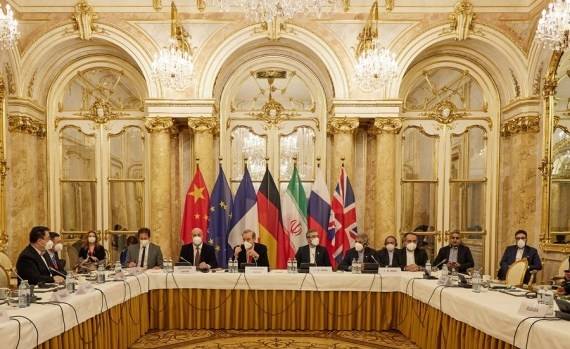The Chinese government stated that all future teachers would be required to pass a standard Mandarin speaking exam…Reports Asian Lite News
The Chinese government has made the Mandarin language mandatory for teachers.
The Chinese government stated that all future teachers would be required to pass a standard Mandarin speaking exam, and online remote instruction would be employed to ensure that instructors of all Chinese ethnicities could also study the language online, reported The HK Post.
Nationally only 40 per cent of Chinese individuals in China can speak mandarin, the National dialect, according to the Chinese government.
After more than a century of pushing Mandarin as China’s official language, about a third of the population still does not speak ‘Putonghua’ or the common speech, as the government refers to it.
The Chinese officials have long aspired to what they have dubbed “linguistic unity.” After centuries of warring kingdoms and instability on the mainland, modern Chinese authorities view a common language as one method to achieve a stable, strong, and undivided China, reported The HK Post.
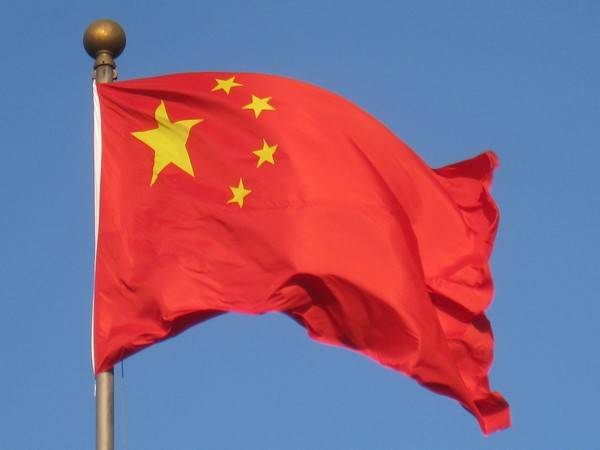
To achieve this aim, the government had long ago established legislation in 2000 mandating Mandarin to be the official language in all major media and for governments to “popularise Putonghua.”
To create a way for more Mandarin, a former official from China’s Ministry of Education advocated abolishing English lessons in primary schools, reported The HK Post.
China is starting an intensive effort to promote Mandarin, claiming that by 2025, 85 per cent of its population would speak it. The policy also seeks to make Mandarin essentially universal by 2035, including in rural areas and among ethnic minorities, in addition to the 2025 goal.
The decision appears to put even more pressure on endangered Chinese regional dialects like Cantonese and Hookean, as well as linguistic minorities like Tibetan, Mongolian, and Uyghur, reported The HK Post.
Protests have erupted in response to the spread of Mandarin over other languages, as last year in Inner Mongolia when Mongolian was replaced as the medium of instruction by standard Mandarin.
All such movements have been branded as a form of separatism by China’s ruling Communist Party, which has relentlessly suppressed them. It claims that language homogeneity is required for economic and national unification reasons.
Critics have periodically protested changes to the school system and employment standards that have slowly undermined the function of minority languages, accusing the government of waging a campaign to eliminate cultures that do not correspond to the main Han ethnic group, reported The HK Post.
Government initiatives to boost Mandarin through its global network of Confucius Institutes have sparked controversy, with critics accusing the government of using the institutes to propagate the party’s ideology and restrict debate over issues such as its record on human rights. (ANI)


